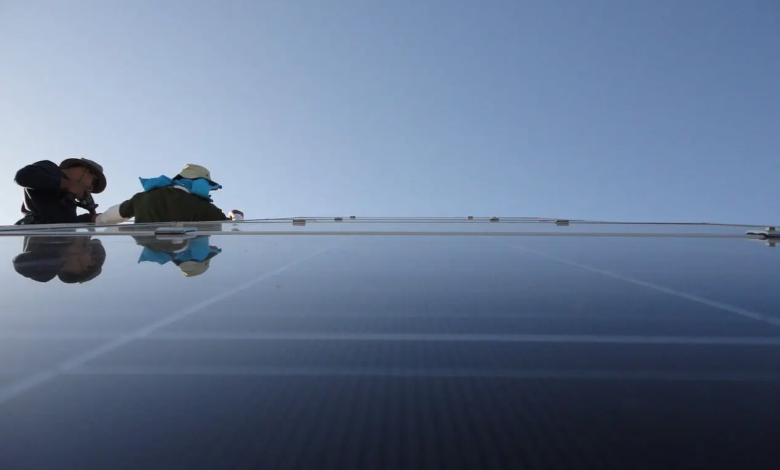Taxes on imported solar panels: Brazil says yes, the EU reflects

New protectionist measures on photovoltaic imports
– Support local production by curbing Chinese power in the field of green technologies. With this objective, the Brazilian government has recently approved “new” taxes on wind turbines and imported solar panels. The measure, wanted by the Executive Management Committee of the Foreign Chamber of Commerce (Gecex-Camex), should enter into force on 1 January 2024 and remain active until 2017 with different methods for wind and solar.
Brazil’s taxes on imported solar panels
On photovoltaic import, in fact, it is not a matter of adding, but rather of taking away. Gecex-Camex has decided to put an end to the reduction of the import tariffs of the assembled modules, since there is an internal production in the country, revoking also a series of fiscal subsidies on the import. Therefore, the purchase of solar panels from abroad will again be subject to the 10.8% tax from next year, while the withdrawal of incentives will be effective in about 2 months.
“The production of equipment for the production of solar energy is strategic for the country”, says the vice president and minister of Development, Industry, Trade and Services (MDIC) Geraldo Alckmin. “It contributes to our energy security and is in line with the ecological transition program for a low-carbon economy”. Currently, the nation boasts an installed photovoltaic capacity of 10.3 GW but 99% of all solar panels used are imported from China. And in 2022, imports totaled $5 billion.
To give time to the market to adapt to the new rules, Gecex also established degressive exemption quotas until 2027. But also decided to extend protectionist measures to the wind industry. From 2025 onwards, all foreign turbines with a capacity of 7.5 MW or less will be subject to an import tax of 11.2%. And any exemptions, for any power, will be granted only after proof that there is no equivalent national production.
Photovoltaics, the EU stalls
In the European Union, too, there has been talk of tariffs and taxes on solar panels imported from China, but in the Old Continent, the issue is quite divisive. At present, these are just unconfirmed rumors, generated in the aftermath of the European Commission’s decision to launch an anti-subsidy investigation into imports of Chinese electric vehicles. But for the EU it would not be such an exceptional measure. The Bloc imposed for the first time anti-dumping and anti-subsidy measures for modules, wafers and photovoltaic cells “made in China” in 2013, extending them until mid-2018. The Chinese producers were only allowed to sell their solar products in Europe without a surcharge by agreeing a priori not to go below a certain minimum price.
Today the rumor of a new investigation returns with insistence but for the European market there is not a common position. In a joint statement, 433 companies and associations warned that new trade measures would harm the EU solar sector at the expense of the EU’s green energy transition. Instead, the European Solar Manufacturing Council (ESMC) strongly calls for Brussels to prepare a legislative framework to safeguard European production capacities, including emergency measures to prevent business failures, the exclusion of photovoltaic products made by forced labor and ad hoc criteria to reserve a part of the market for domestic products.





